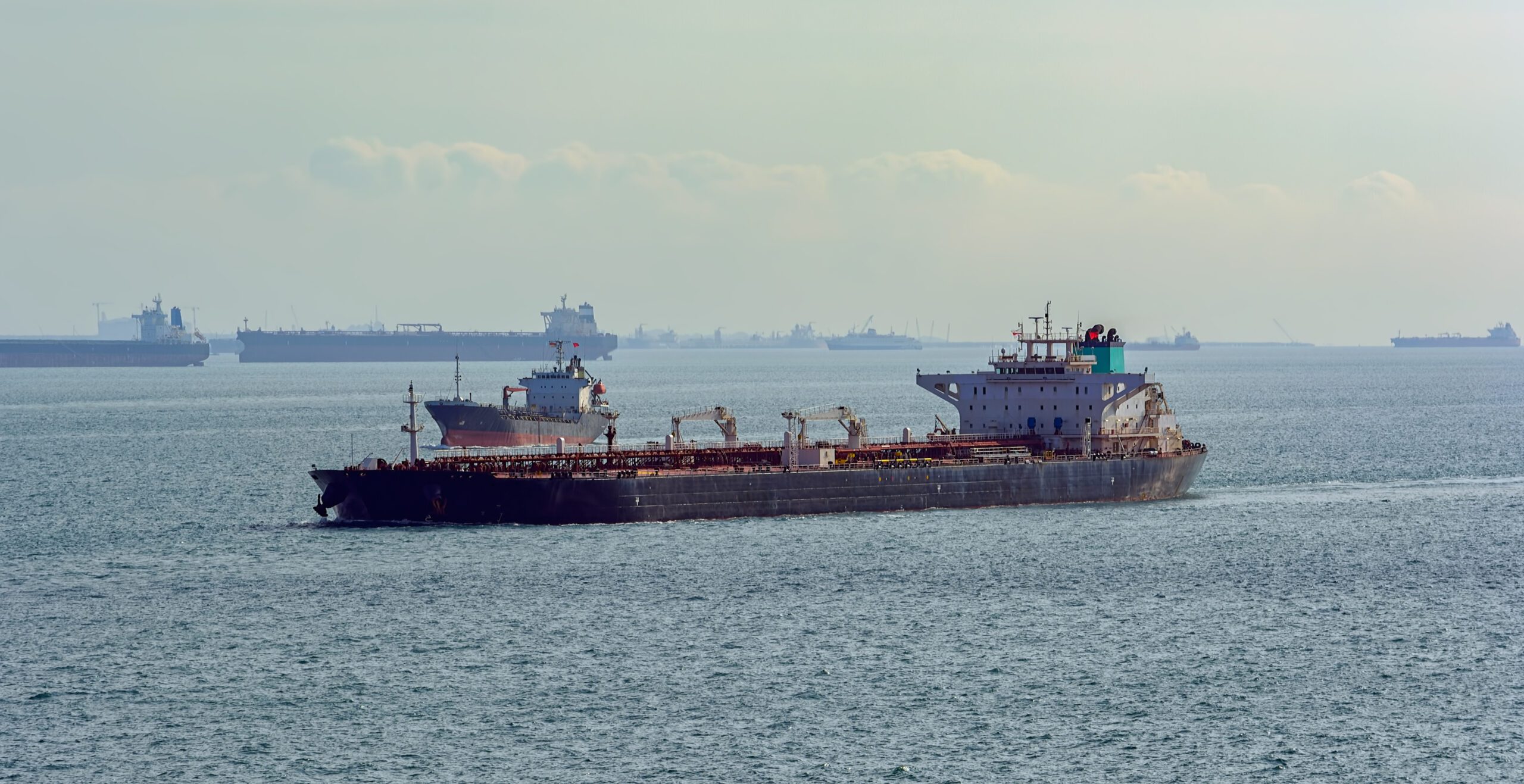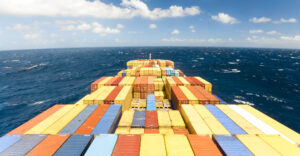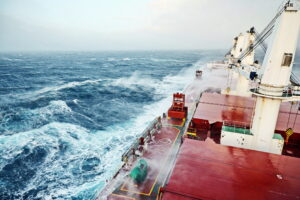A new report highlights the environmental dangers posed by Russia’s shadow fleet and proposes a mechanism to enforce a requirement for proper oil spill insurance.
The report titled “Creating Shadow-Free Zones” by the KSE Institute, an analytical center at the Kyiv School of Economics, proposes to create “shadow-free zones” to mitigate risks to the environment as aging, poorly insured vessels significantly increase the risk of a major oil spill in European waters.
The proposed plan focuses on enforcing a requirement to carry adequate oil spill insurance to protect the environment and ensure overall maritime safety in coalition waters.
According to the report, Russia has invested $10 billion since 2022 to expand its shadow fleet, built to circumvent the G7+ oil price cap.
In the first half of 2024, 72% of Russian seaborne oil was shipped from ports in the Baltic and Black Seas, 58% of which were moved on shadow tankers. This means more than 75 million barrels every month on ships that are on average 18 years old, insufficiently maintained, and likely inadequately insured.
Loaded shadow tankers of this sort pass through European waters several times every day, including an average 2.9 going via the Danish Straits and English Channel, 2.8 via the Strait of Gibraltar, and 2.2 via the Aegean Sea.
“Large oil spills have so far been avoided but a major disaster is waiting to happen and clean-up costs would reach billions. There have been several instances of shadow tankers being involved in collisions or coming close to running aground in recent months, including two incidents in the Danish Straits,” says the report.
The problem is not limited to the Russian shadow fleet, but also extends to ships carrying Iranian or Venezuelan oil.
The KSE Institute report outlines a strategy to mitigate the environmental risks posed by Russia’s shadow fleet. The key elements of the strategy include:
Insurance disclosure
Vessels in coalition waters must show proof of compliance with spill insurance requirements established in international conventions and IMO regulations, including documentation that allows to assess the coverage’s adequacy, such as audited financials and a credit rating from a recognized agency.
Enforcement mechanism
Diplomatic outreach: Work within the existing regulatory framework by pushing flag states and classification societies to ensure tankers have proper oil spill insurance and comply with all international rules and regulations.
Commercial incentives: Hold flag states, certification societies, shipowners, and charterers accountable for non-compliance with the insurance requirement as well as the consequences of an incident.
Designation of uninsured vessels: Sanction tankers that fail to comply with the insurance requirement or carry inadequate coverage, thereby removing them from operations.
Interdiction in high-risk cases: Coalition countries should have the authority to stop vessels posing immediate environmental or safety risks.
As it is highlighted in the report, coalition countries must ensure that vessels passing through European waters have adequate oil spill insurance.
The report follows previous studies, “Assessing the Shadow Fleet” and “The Core of Russia’s Shadow Fleet,” which analyzed the shadow fleet’s growth and identified ships for future sanctions.
“A credible sanctions threat will compel shadow fleet operators to comply, as non-compliance would result in significant financial losses from sidelined ships. The existing oil spill insurance systems allows to easily acquire adequate coverage,” the KSE Institute analysis says.



